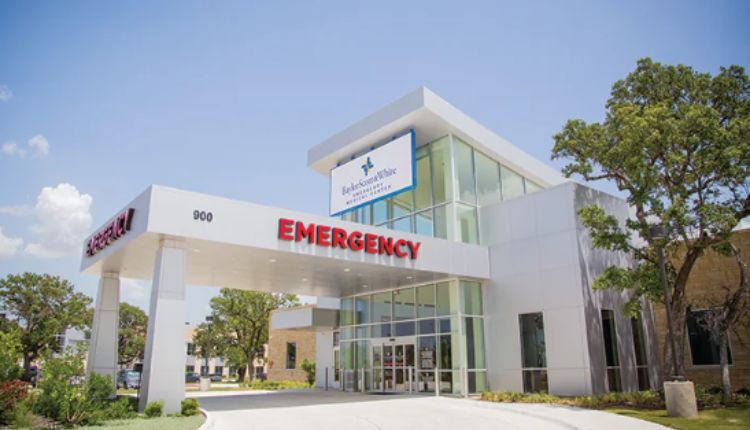When your furry companion faces a health crisis, you want to know they are in good hands. At any animal hospital in Ogden, UT, you can expect compassionate and expert care for your pet. Critical care for pets is a precise process, centered around rapid assessment, immediate action, and ongoing monitoring. Skilled veterinarians and experienced staff work together to ensure your pet receives timely treatment. They use advanced equipment and proven methods to stabilize and support your pet’s health.
You may feel anxious, but rest assured, your pet’s well-being is their top priority. Teams at these hospitals operate with a clear focus: assessing issues quickly, addressing them effectively, and communicating with you throughout. Expect to be informed every step of the way. Your pet is part of your family, and these professionals understand their role in providing the life-saving care they need during critical moments.
Understanding Critical Care in Animal Hospitals
Critical care in animal hospitals involves identifying urgent issues and providing immediate medical attention. This care focuses on respiratory distress, heart problems, injuries, and severe infections. Facilities are equipped with diagnostic tools like X-rays and blood tests that help pinpoint problems quickly. This prompt identification helps in administering the appropriate treatment without delay.
Steps in the Critical Care Process
Animal hospitals follow a step-by-step approach for critical care:
- Initial Assessment: Staff evaluates your pet’s condition swiftly upon arrival.
- Stabilization: Necessary interventions such as oxygen therapy, IV fluids, or medications are administered.
- Continuous Monitoring: Pets are monitored for changes in vital signs and response to treatment.
Staff and Equipment
Veterinary staff are trained to handle emergencies with precision and care. They work under pressure to ensure that each pet receives what they need. Equipment used in these situations includes ventilators, ECG machines, and blood pressure monitors. Such tools are essential in providing comprehensive care.
Communication and Support for Pet Owners
During critical situations, communication is key. Staff members ensure that pet owners are kept in the loop about their pet’s condition and treatment options. Regular updates help reduce anxiety and foster trust between the veterinary team and pet owners.
Cost and Financial Considerations
Critical care can be costly due to the specialized staff and equipment involved. It’s important for pet owners to be aware of potential expenses. Many animal hospitals offer payment plans or financial assistance. Discussing these options with the hospital’s financial counselor can help manage costs effectively.
Comparison of Critical Care Services
| Feature | General Practice Vet | Animal Hospital |
| 24/7 Availability | No | Yes |
| Advanced Equipment | Limited | Comprehensive |
| Specialized Staff | General Vets | Specialists Available |
Preparing for Emergencies
While emergencies can be stressful, being prepared can make a difference. Keep a list of emergency contacts, including local animal hospitals. Familiarize yourself with symptoms of distress in your pet so you can act quickly. Having a pet first aid kit at home can also be helpful during minor incidents.
Resources for Pet Owners
For more detailed information on emergency care, you can visit the American Veterinary Medical Association. They offer extensive resources to help pet owners manage emergency situations effectively.
Conclusion
In times of crisis, the expertise and care provided by animal hospitals can be life-saving. From assessment to stabilization and ongoing support, these facilities ensure that your pet receives the best possible care. With their commitment and your preparedness, you can navigate these tough times with confidence and care for your beloved pets.

